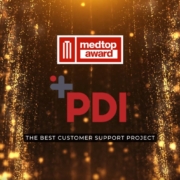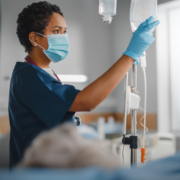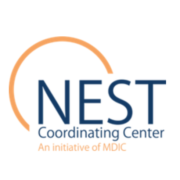PDI International wins Medtop Best Customer Support Project award
PDI International – a global organisation focused on preventing infections in healthcare, hospitality and other communities – has been awarded the Medtop Clinic Award for Best Customer Support Project.










